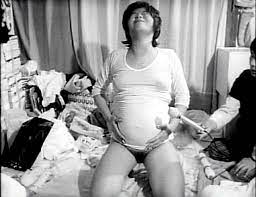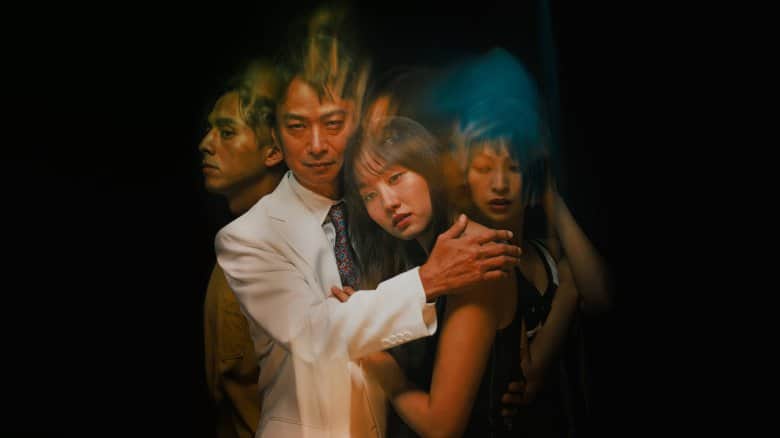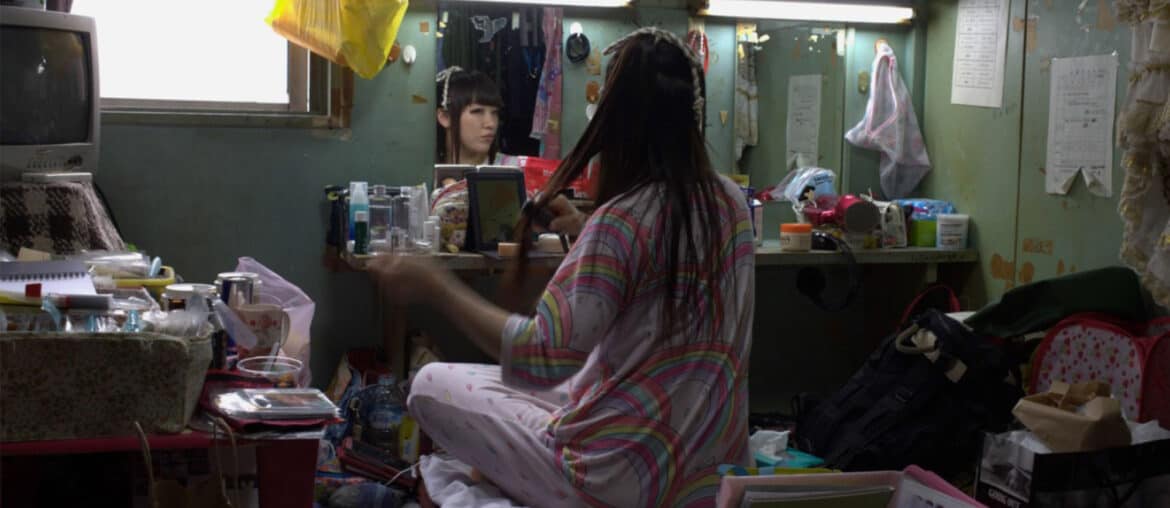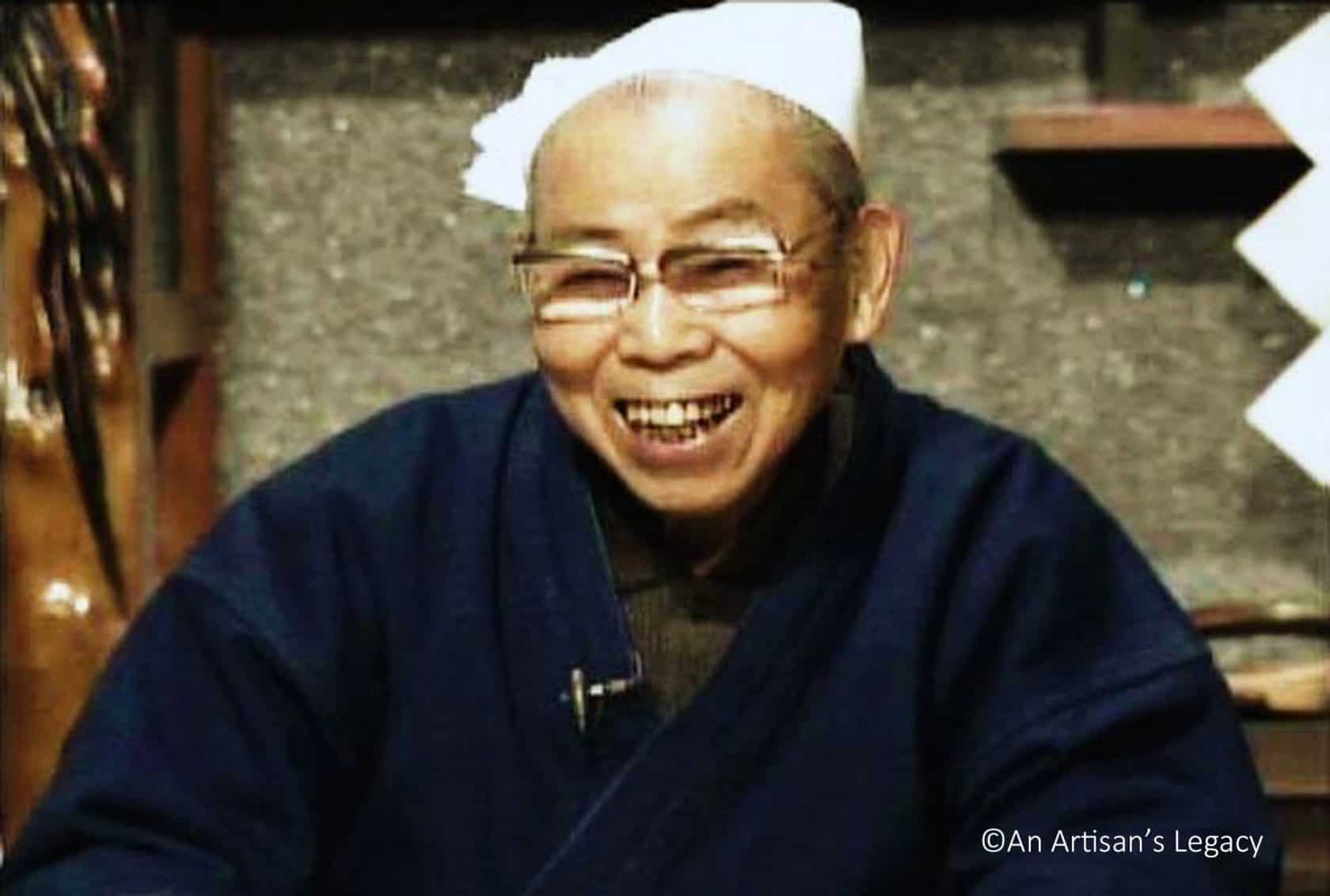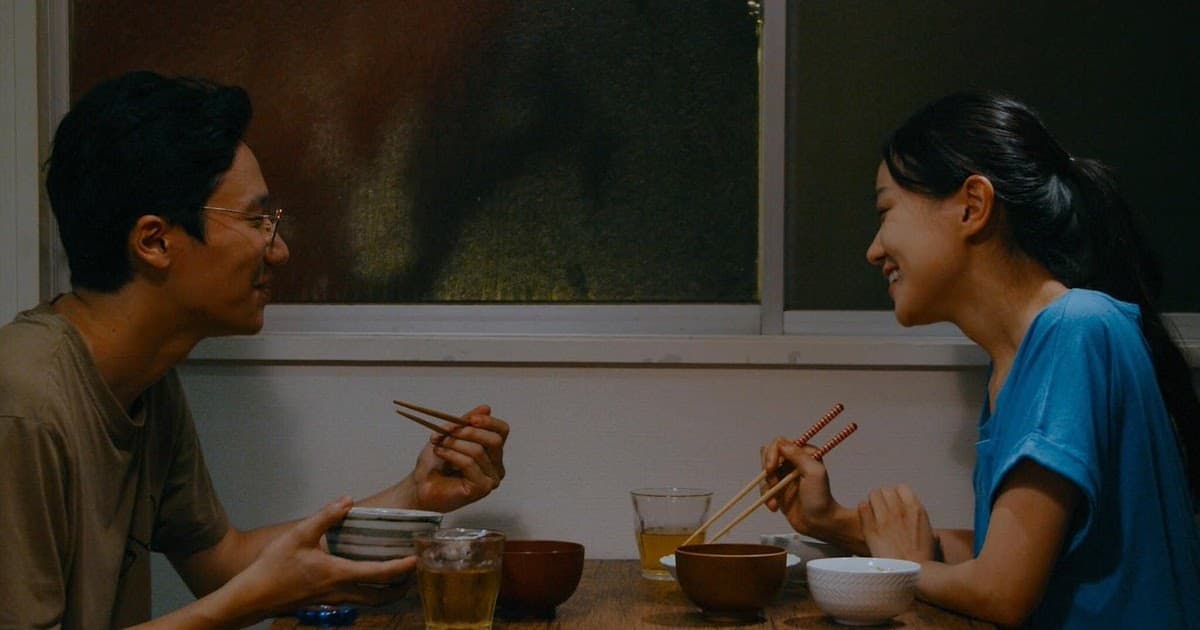You might read the title of this movie and think it absurd or hyberbolic, the way every other pizza place in New York claims to serve the most mouthwatering, delicious pizza the Big Apple has to offer. However, if you think this, you'd be wrong, as the title of Kazuo Hara's 1974 home-video style documentary may be absurd, but is anything but hyperbolic. Truthfully, as the name suggests, “Extreme Private Eros: Love Song 1974” is an extremely private study of womanhood in 70s Japan, told via a nothing-is-off-limits profile of Hara's ex-girlfriend and her home life. 50 years later, the work remains a triumph in the Japanese documentarian's already impressively daring ouvre.
“Extreme Private Eros Love” is screening at Japan Society
The movie opens with Hara going to visit his ex-lover, radical feminist, and mother of his child, Miyuki Takeda. Miyuki and her son are currently living in Okinawa, Japan, with Sugako, a woman with whom Miyuki is in a relationship. Hara films and narrates these visits, letting the audience voyeur into the various changes in Miyuki's life, from motherhood to a second pregnancy by an African American soldier, to becoming a go-go dancer and opening a home-run daycare with a commune of other women, as well as the on-and-off relationship between Miyuki and Hara himself.
The success of a movie as personal as “Private Eros Love Song” ultimately hinges on how well the subject can allure the audience in to their world; the camera can only take the narrative so far. Hara knew this, and he probably knew that he had absolutely nothing to worry about in that regard, for the moment that you're introduced to Miyuki Takeda and the wild world that orbits her, you are completely and utterly spellbound. At any point in the movie, she can radiate a hundred auras, emotions, ideas. All at once, she can be chaotic, collected, defiant, vulnerable, and seductive; like all humans, she's a being of contradictions, but she wears those contradictions on her sleeves in a way that the average person wouldn't dare do, making her an endlessly fascinating screen presence.
Just by watching her, you feel similarly possessed with conflict. On one hand, you admire her as the truly modern woman she is, strong and fiercely protective of her independence and identity. Over and over again she makes choices that are a middle finger to the patriarchism that had always dominated Japan (and the world). Her love affair with another woman at the start of the movie, the daycare that she runs with the other women in her community, or her insistence that she give birth to her baby DIY style without any medical assistance – in one of the most jaw-dropping documentary sequences I (and unfortunately, my mother, who has since banned me from picking what we watch on family movie night) have ever seen, are all acts of quite breath-taking empowerment.
On the other hand, her more despicable qualities are just as prevalent: the way she degrades and interrogates Hara's new girlfriend, or at times neglects and demeans her baby boy, not to mention her relationship with a black GI (by whom she falls pregnant) which at first seems progressive but is ultimately problematic in more ways than one. Both sides of Takeda are portrayed together like a type of organized chaos.
Although Takeda is the gravity that pulls you into the movie, Hara's framework and creative choices are what make “Private Eros Love Song” a masterpiece in documentary filmmaking, and unlike anything I had previously seen before. This isn't a typical fly on the wall documentary by an unbiased and uninvolved filmmaker, but a deeply personal and invasive work, so private that for a moment at the beginning you might think that it's all one big contrivance, before realizing that everything you're seeing is in fact truth. Hara has a stake in this game, likening the making of the movie to a self-therapy session, and his emotions are on display as much as Takeda's, enthrallingly blurring the line between subject and filmmaker. One tender and disturbing (the combination of these two words should tell you something about the nature of this doc) scene seems to be an extended shot from Hara's POV of the director making love with Takeda, transfixed silently on her as she moans and squirms in pleasure, or perhaps pain. This sequence is bookended by a conversation between Takeda and Hara's new girlfriend on one side and a close-up shot of their son in introspection on the other, darting his eyes around the room, avoiding meeting the gaze of the camera.
Uncomfortably voyeuristic, beautifully raw, alarmingly problematic; by the end of “Extreme Private Eros: Love Song 1974”, you'll have a very complicated relationship… with the very complicated relationship between director Kazuo Hara and his subject, who also happens to be his ex-girlfriend and baby mama. How's that for a hook? A boundary-pushing witness statement on the modernization of the Japanese woman in 1970s Japan, documentaries do not get more personal than this, and it's completely riveting.


